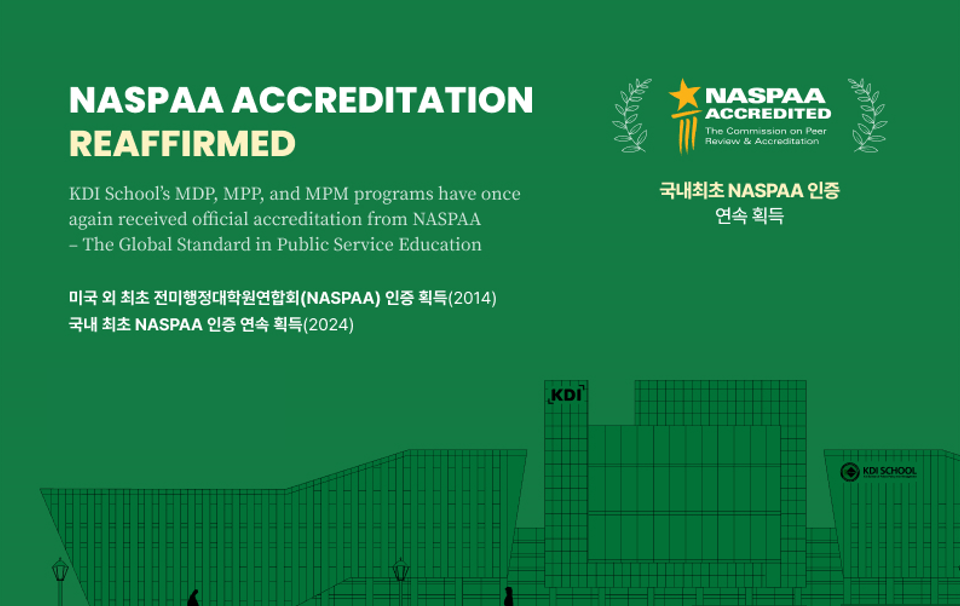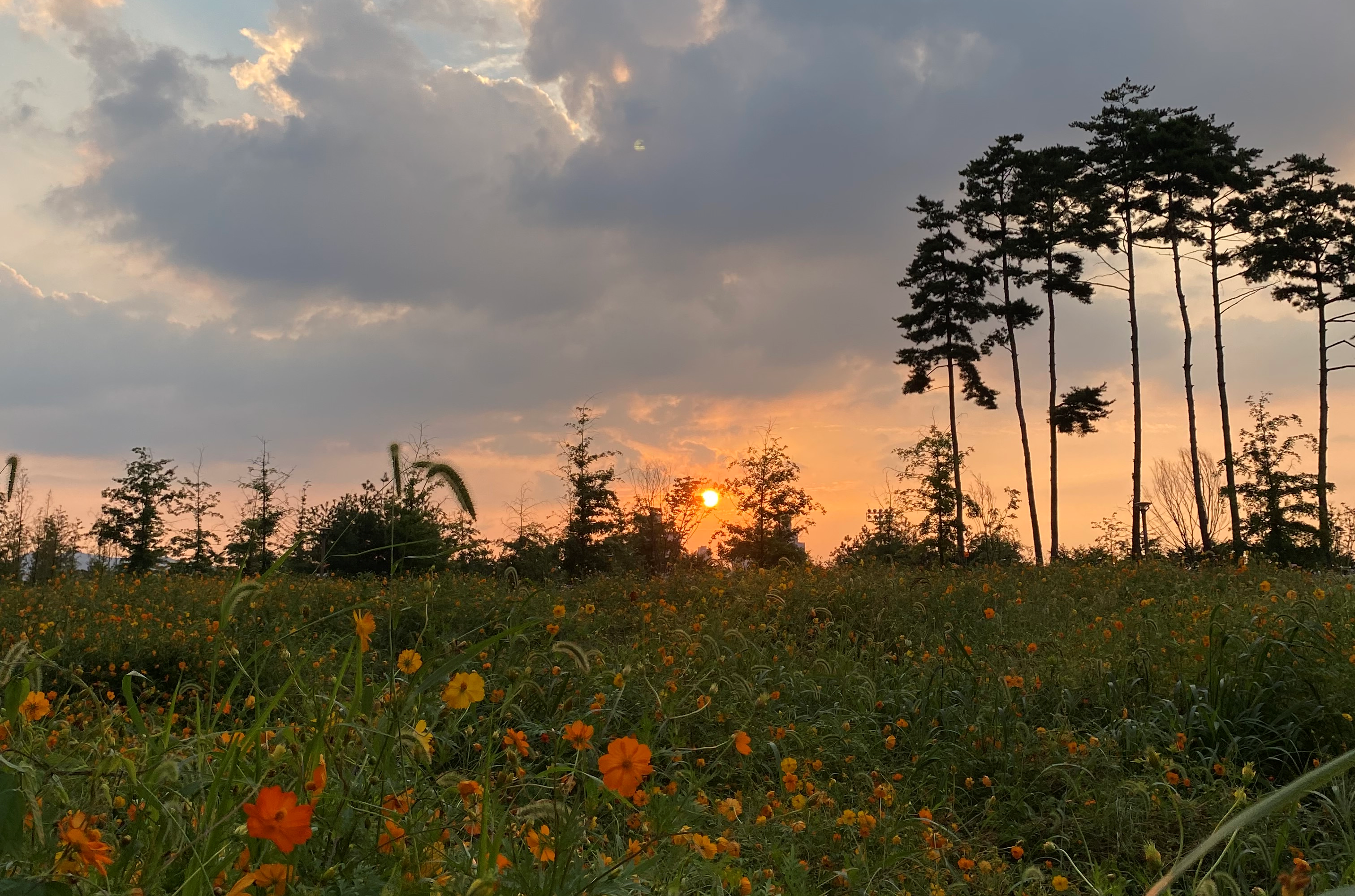
Catalysts of change ? An Open dialogue with the Legendary Leaders of Asia
- Date 2008-12-01 09:02
- CategoryResearch and Education
- Hit1819

Over the past 50 years, the East Asian countries have achieved significant economic growth and poverty reduction. The poverty rate has been reduced from 30 percent in 1990 to 15 percent by 2001. 50 years is not a long time to achieve such remarkable poverty reduction. The lessons drawn from the region’s development, particularly in poverty reduction, are valuable and must be handed down to the future generation of leaders.
The “Catalysts of Change” Program was organized by the East Asia and Pacific Region Office of the World Bank, the Global Development Learning Network (GDLN) Asia Pacific, and the Association of South East Asian Nations (ASEAN). It is designed to provide a valuable opportunity to young leaders in Asia to learn about the experiences of Great Leaders.
The first session of the program was held on December 21, 2007, and consisted of a dialogue between the ASEAN Secretary General, Mr. Ong Keng Yong, and the World Bank Vice President for East Asia and the Pacific, Mr. James Adams. It provided an overview of the region’s history as well as the challenges for the coming years. In February of 2008, the first in-depth conference took place and Former President Fidel V. Ramos of the Philippines was the key speaker. He focused his dialogue on the political transition of his country during its rapid economic growth.
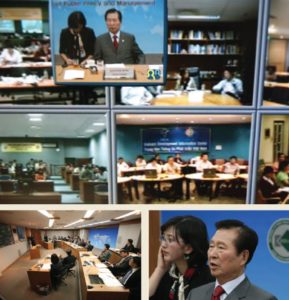 The third Catalysts of Change dialogue was hosted by the KDI School of Public Policy and Management in Korea on September 30. By taking a part in the program, the School became a significant medium to pass on information and knowledge to emerging young leaders across the world. The purpose of the international conference matched one of the KDI School’s missions, which is to contribute towards international cooperation for knowledge-sharing. As for the KDI students, who were honored to be a part of the program, the dialogue provided them with an opportunity to hear about the experiences of the legendary leaders of the region first-handedly. The conference featured an open dialogue led by Kim Dae-Jung, the former South Korean President and Nobel Peace Laureate. He engaged in the second discussion on financial crisis, “Sunshine Policy”, and anti-corruption. “I believe in a market economy, but not in a breakaway market economy. The government has to play the role of monitoring the market”, said Former President Kim Dae-Jung. During his presidency, Kim led the injured economy of Korea from the Asian financial crisis towards recovery. Along with pushing reforms, Former President Kim enacted various legislations to ensure democracy and human rights, and pursued reconciliation with North Korea. According to Former President Kim, implementing an economic recovery policy should not to be rushed. He emphasized that transparency and public support did enable his government to get through the crisis period. One of his major achievements is being the first Korean person to receive Nobel Peace Prize in 2000.
The third Catalysts of Change dialogue was hosted by the KDI School of Public Policy and Management in Korea on September 30. By taking a part in the program, the School became a significant medium to pass on information and knowledge to emerging young leaders across the world. The purpose of the international conference matched one of the KDI School’s missions, which is to contribute towards international cooperation for knowledge-sharing. As for the KDI students, who were honored to be a part of the program, the dialogue provided them with an opportunity to hear about the experiences of the legendary leaders of the region first-handedly. The conference featured an open dialogue led by Kim Dae-Jung, the former South Korean President and Nobel Peace Laureate. He engaged in the second discussion on financial crisis, “Sunshine Policy”, and anti-corruption. “I believe in a market economy, but not in a breakaway market economy. The government has to play the role of monitoring the market”, said Former President Kim Dae-Jung. During his presidency, Kim led the injured economy of Korea from the Asian financial crisis towards recovery. Along with pushing reforms, Former President Kim enacted various legislations to ensure democracy and human rights, and pursued reconciliation with North Korea. According to Former President Kim, implementing an economic recovery policy should not to be rushed. He emphasized that transparency and public support did enable his government to get through the crisis period. One of his major achievements is being the first Korean person to receive Nobel Peace Prize in 2000.
The Catalyst dialogue at the KDI School was conducted as face-to-face discussions so that participants could contribute to constructive discussions and ask questions. Its Q&A session was designed to encourage follow-up discussions and thereby to make it a more active conference. The 120 minute dialogue was broadcasted live worldwide through the Global Development Learning Networks.
In order to keep up with the rate of economic growth, and in particular to stabilize the world’s economy in times of crisis, the next generation must seek out and learn from historical examples of dramatic development progress.
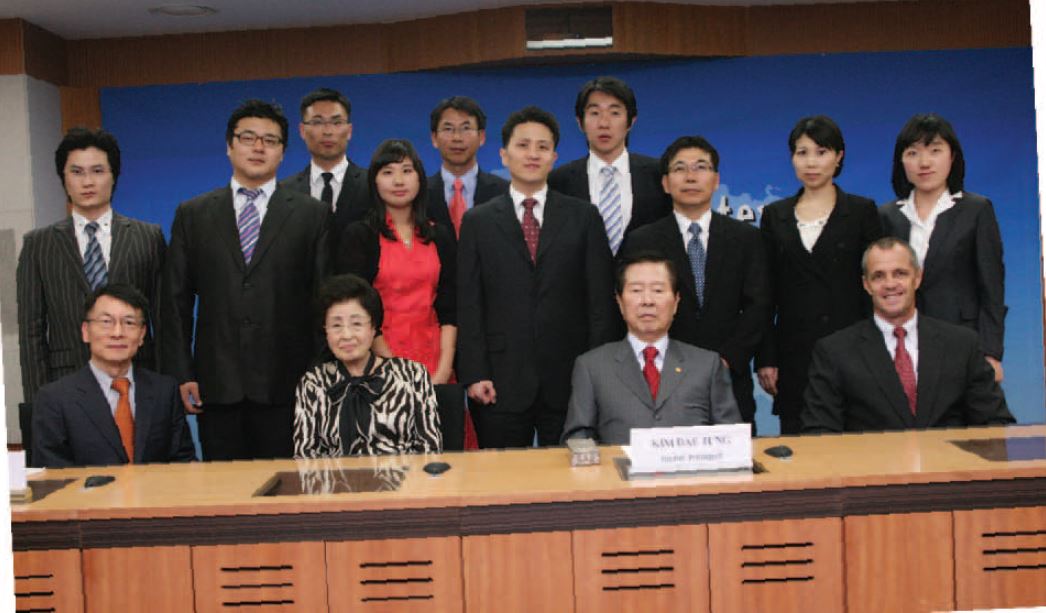
By Nguyen Thi Mai Phuong (Vietnam, MPP 2008)
Related News
-
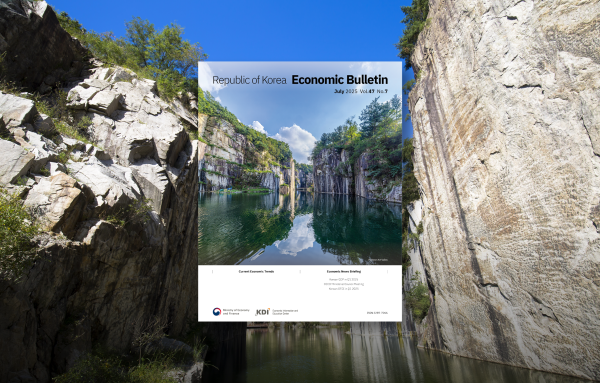
Research and Education14 days ago
Republic of Korea Economic Bulletin, July 2025#KDI #Economic #KDISCHOOL #kdischool #Economic Bulletin #Research
-
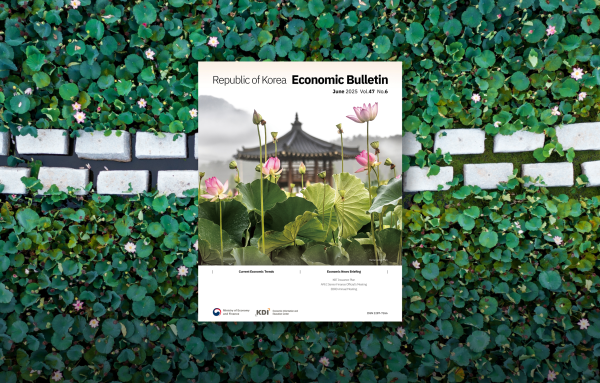
Research and Education42 days ago
Republic of Korea Economic Bulletin, June 2025#KDI #Economic #KDISCHOOL #kdischool #Economic Bulletin #Research
-
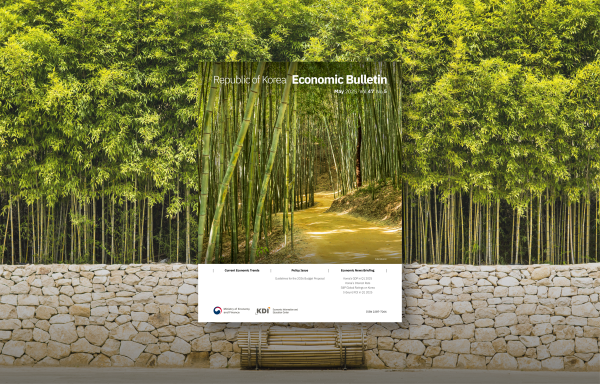
Research and Education76 days ago
Republic of Korea Economic Bulletin, May 2025#KDI #Economic #KDISCHOOL #kdischool #Economic Bulletin #Research

